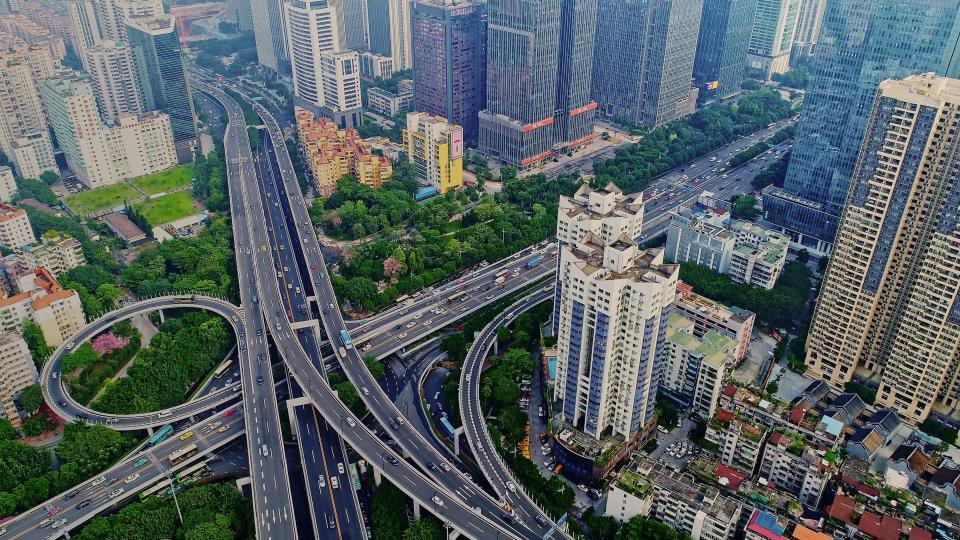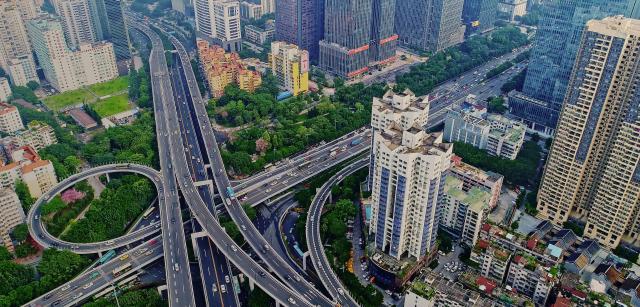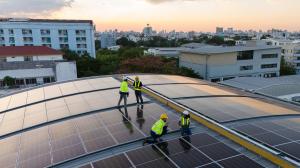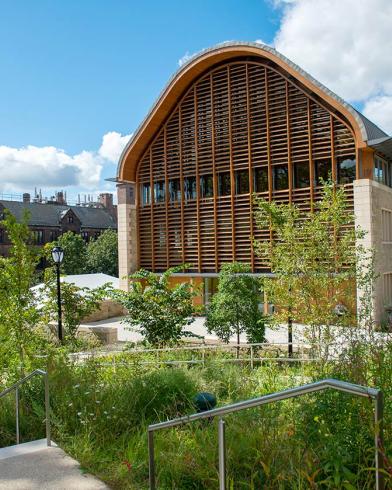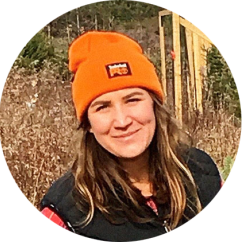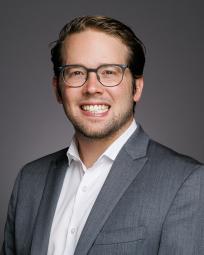Cities are responsible for roughly 70% of global greenhouse gas emissions and play a critical role in addressing climate change. The impacts of climate change have forced cities and towns to address a myriad of complex social, economic, and environmental challenges while relying on increasingly strained infrastructure, energy systems, and ecosystems — especially in the Global South. This program is committed to the growth of its participants and acceleration of solutions that will create and transform cities we need for an equitable and regenerative future. By mid-century, there will be nearly 7 billion people living in cities - as many people as those who occupy the entire planet today. Thus, the speed and scale of both urbanization and the deterioration of our planetary system demands swift and scalable solutions.
Developed by the Yale School of the Environment and the Hixon Center for Urban Sustainability, the Urban Climate Leadership certificate educates and empowers leaders to accelerate urban solutions for a climate-ready future through an accessible and rigorous online education. Covering topics ranging from urban form and land use planning, to transportation, energy systems, forests and greenspaces, this certificate is geared towards working professionals eager to obtain knowledge, strategies, and a robust skillset to address the most pressing, cross disciplinary challenges facing cities around the world. Through lectures by world-renowned professors and practitioners as well as weekly readings, assignments, and online convenings, online learners will have abundant opportunities to deepen their knowledge base and gain the skills and versatility required to accelerate climate solutions.
Format
This online certificate program consists of four, eight-week courses and one four-week course. Each course has its own thematic focus with corresponding readings and assignments that compliment the lectures by faculty. Additionally, online learners will participate in weekly online sessions with certificate faculty and staff to discuss relevant topics, engage in meaningful discussions, and answer questions.
